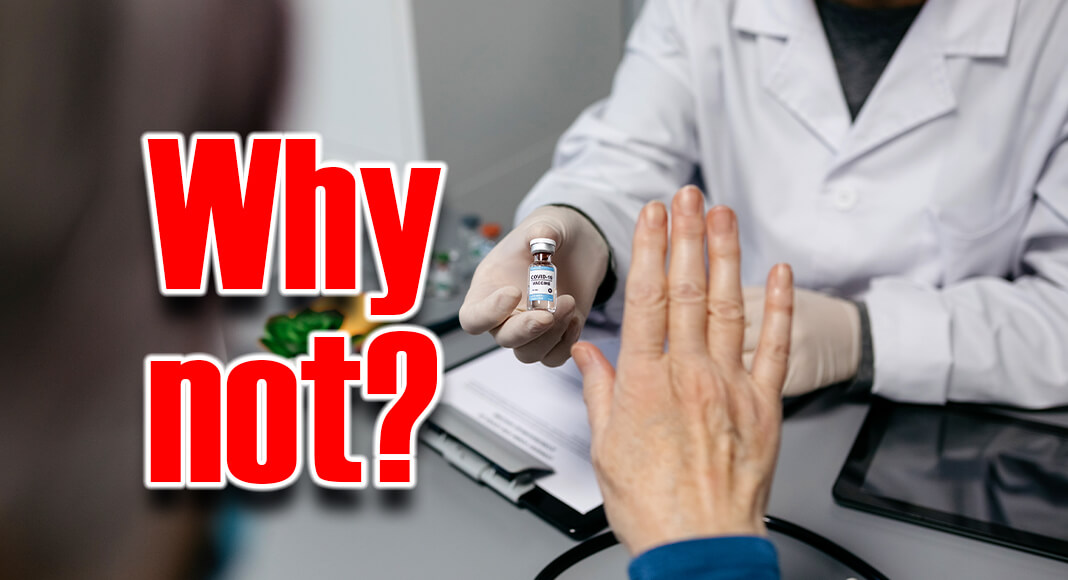
Mega Doctor News
By University of Delaware
Newswise — Think back to October and November of 2020. The COVID pandemic was raging in the United States, and although there were plenty of news reports about the apparently successful development and testing of vaccines, none had been approved or were available to the American public at that time.
Still, public health officials were preparing for the vaccination process in the U.S., including considering how to best communicate and encourage immunization.
For the University of Delaware’s Amy Bleakley, this challenge seemed to fit with research she was already conducting under a grant from the National Institute on Aging, exploring ways to encourage more diverse groups to participate in studies of Alzheimer’s disease.
“This pandemic disproportionately affects Black and Hispanic communities and older adults,” said Bleakley, a professor of communication who focuses on health communication. “These are the exact groups we’re studying in the Alzheimer’s project.”
She and other health communication scholars at UD began researching how targeted and strategic messaging can cut through the confusion and misinformation about vaccines. The professors and graduate students investigated how age, education and attitudes influence behavior and affect public health during the pandemic.
Bleakley and her colleagues’ research, specifically looking at vaccine hesitancy among demographic groups, was recently published in the Annals of Behavioral Medicine.
They surveyed national samples of different demographic groups: Black, Hispanic, white, those age 18-49 and those 50 and older. They examined such questions as attitudes toward science, misperceptions about the COVID virus, perceptions of media bias and what is called normative pressure — whether people who are important to you think you should get the vaccine and whether people who are like you will get the vaccine.
National research from November 2020 showed that Black Americans said they were much less likely than whites to get the vaccine when it became available. Bleakley and her colleagues delved into other attitudes and factors in different groups, using a widely tested behavioral theory called Reasoned Action Approach (RAA), which examines underlying beliefs.
The study found that many patterns were similar across groups, including the value an individual placed on science and whether they were receiving accurate information about COVID and the vaccine. Older adults in all groups were more susceptible to misinformation, for example.
“What we found is that attitudes are important across the board, including a person’s expectation of what will happen once they get the vaccine,” Bleakley said. “There weren’t as many differences among racial and ethnic groups as we had anticipated, especially among older adults.”
People’s attitudes, she said, are very much tied to their identity — whether to a racial or ethnic group, a political party or other factors they consider important — and so are not easy to change. Messaging is important in the area of public health, but messaging alone isn’t enough, she said.











